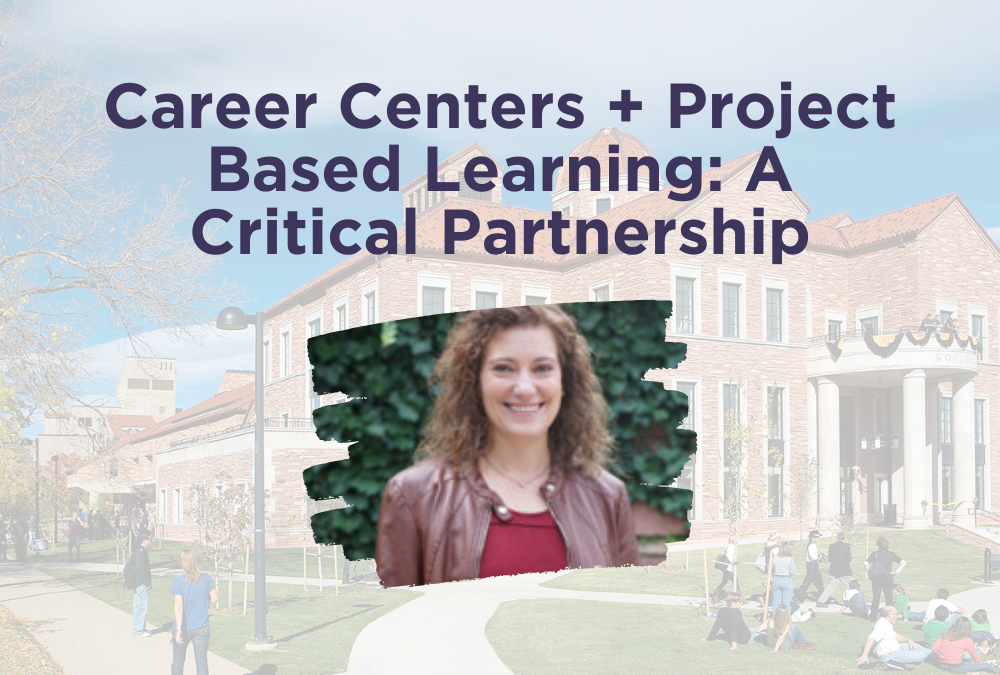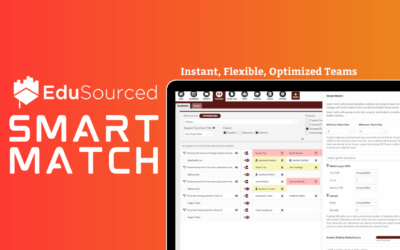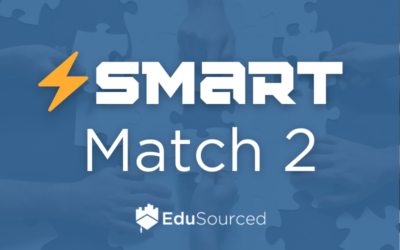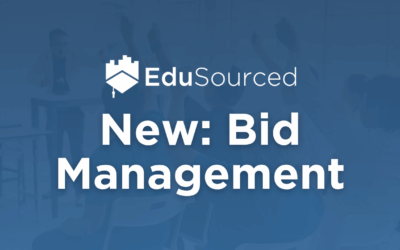Guest Post by Gina Bortel, Assistant Director of Internships and Professional Experience Career Development Office at Leeds School of Business, University of Colorado
The Career Development Office is best known as a resource for connecting students to employers for jobs and internships. In recent years, experiential learning has been more intentionally integrated into career development across the higher education landscape. University staff are now creating co-curricular programs that supplement academic learning and enhance a student’s “career competencies,” all with the hopes of preparing the next workforce.
It may be easier to think of career competencies as “soft skills” – skills people need to thrive in the workforce beyond completing the job. These skills range from emotional intelligence (knowing how to relate to others) to understanding how to best use different modes of communication (how to write an email versus how to leave a voicemail) and being able to accept and modify one’s behavior based on feedback. These are skills that cannot be taught in the classroom, they are learned on the job itself.
Are you new to proejct-based learning? We recommend reviewing the EduSourced Experiential Learning Trends and Benchmarking Report. The 2023 edition is available here.
Career development office staff hear from industry professionals (anecdotally and observed in an internally-conducted employer study) that these competencies are still lacking in the majority of students. These offices, mine included, are now actively seeking new ways for students to hone these skills before entering the workforce. One of the ways my office is tackling this issue head first is through our recent implementation of EduSourced. This platform has helped us integrate business-to-classroom projects into our “Internship Accelerator” course, which is designed specifically to enhance these career competencies in students before they have internships.
Next year, the EduSourced platform will be integrated on the co-curricular side for student-led consulting groups. The platform allows students to perfect their client communication skills, teamwork skills, and at the end of it all, evaluate themselves and each other on their performance. With more schools than ever thinking through how to best support experiential projects beyond courses such as these, products like EduSourced allow us to scale experiential learning across the co-curricular landscape.
This is a challenging time for career development offices, with so many offices evolving to meet the needs of a changing market. As a member of NACE, MPACE and NSEE, I see the broad push for integrating experiential learning in any form into career development as much as is possible.
What employers say they want; What business schools so rarely give them.
The above chart underscores the importance of what we call “soft skills” in delivering students who are career-ready upon graduation. Self-awareness, cross-cultural competency, team skills and critical thinking is exactly what experiential learning helps students develop.
Project-based learning is not a silver bullet for career competencies (soft skill development takes many shapes) but it is certainly a valuable approach that covers many bases. These projects combine classroom learning with real-world application, allow students for hands-on learning, and selfishly, allow career development offices to collaborate better with faculty.
The bottom line: career development offices are well suited for professional development and skill building because our office is the bridge between the school, employers, and our students. We have one foot on both the career and academic sides and we make it a priority to be an expert in both. Half of my coworkers come from industry and half from Higher Ed, so we are well positioned to stay on top of trends from both sides and hopefully use that to best prepare our students.




